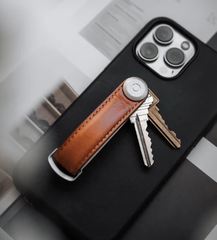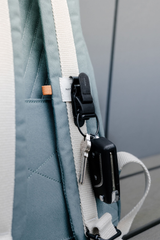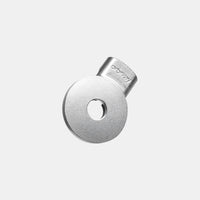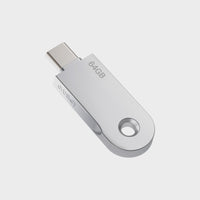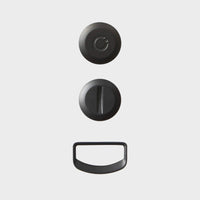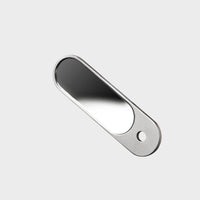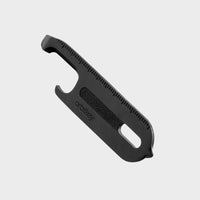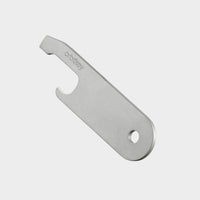
Despite the number and variety of apps available, the notebook remains the most elegant solution for efficient note-taking and increased recall of information.
“Always carry a notebook. And I mean always. The short-term memory only retains information for three minutes; unless it is committed to paper you can lose an idea for ever.” – Will Self
In the age of digital enlightenment it is easy to overlook the elegant simplicity of a notebook, and yet it’s the item innovators and great thinkers swear by as their ubiquitous capture tool. Even minimalists, who eschew unnecessary possessions, keep the humble notebook nearby.
While the myriad apps available on your smartphone offer information capture and organisation capabilities, the notebook remains the most efficient way to capture your lists, notes and ideas – simply produce a pen and scribble away. No need to remember which app is best for which bit of information, or how you tagged a similar item last time. Not to mention the inherent risk of distraction when you open your phone: by the time you’ve navigated email and social media notifications, text message pop-ups or missed calls (even if only to dismiss them), that fleeting moment of insight has passed and your idea is lost.
There is something romantic about putting pen to paper when you want to capture a thought, feeling the words flow onto the page. And a well-loved notebook offers a different kind of beauty; where a cracked phone screen is ugly and disruptive, a scuffed and dog-eared notebook speaks of a life well lived and hints at the ideas and memories held among its pages. Once you’ve filled the notebook, your lists, ideas, meeting notes and other flotsam act together to create a record of that period of time.
This hard-copy record also provides additional cues to search and recall by providing temporal context and physical and visual nudges: I wrote that name after this meeting (flick forward a few pages); I remember that list was on the left-side page (narrow field of search), and so on. Perhaps in the same way that reading on a Kindle (rather than a book) interferes with the ability to reconstruct the chronology of a story, so too digital note-taking eliminates important contextual information.
Not only that, but a study at Princeton University found that information written by hand is better remembered than when captured digitally. This effect was particularly evident in recall of conceptual information, so if you tend to use notes to capture ideas and insights a handwritten system could provide you with superior recall, even days later.
Finally, your notebook needn’t be entirely old-fashioned; while we love something like the Leuchtturm 1917 mini notebook (paired with a pocket-sized pen, of course), Moleskin has released a notebook that plays well with Evernote and Whitelines notebooks are designed so their pages can be captured and stored digitally.
Perhaps it’s time you added a notebook to your pocket.
What’s your favourite tool for capturing information (digital or otherwise)? Share in the comments below.
